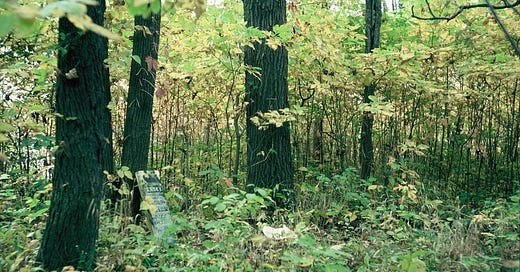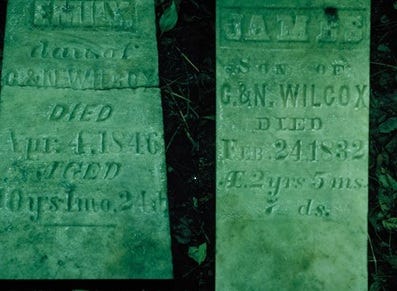When I was a little girl, I lived in Coshocton, a small Ohio town. To this child, my whole world was a circle and it was centered there. The circle’s outside border was Gramma and Grampa’s house, ‘out in the county’, ten miles away. Where they lived formed the outer boundary of my world. The circle was complete.
My siblings and I used to love going to Gramma and Grampa’s. Their two-bedroom cottage rested at the bottom of a huge hill on a dusty gravel and dirt road. The road wound around the hill and hugged Wills Creek River all the way to Wills Creek Dam over three miles away.
There was always so much to do there and those ten miles seemed to take Daddy forever to drive. But that made my world feel very large.
In the winter, we ice skated on the river and sometimes sledded down the hill from the road to the frozen river. Later we had hot cocoa and roasted hot dogs and marshmallows on sticks over a crackling fire in their stone fireplace.
Summers, we climbed the hill to ‘Rockland’, or fished from Grampa’s rowboat. My sister, Claudia, and I loved following the dirt road in the other direction, where we could explore the woods by the river. A couple of years before, we discovered the Wilcox Cemetery, an ancient little cemetery hidden in the woods.
In the early spring when the snow melted, or after a long rainy spell, the river rose and the cemetery was under water. “Now you see it, now you don’t”. That was like magic to our young eyes. (Was God trying to clean something from the cemetery?)
What always amazed us was the large number of children buried there. Our parents told us there was probably an outbreak of a disease there was no vaccine for at the time. (Aha! God was cleaning germs away when the cemetery was flooded.)
Emily Wilcox, born 1836 and died in 1846. She was only ten years old, a year younger than I was. It made an impression that has stayed with me, years later, even now. Her brother, James, was born in 1829 and died in 1832. He was only three years old. It was crushing --my little brother was that age and I would hate losing him.
The Wilcox Cemetery gave me a lifelong curiosity about old cemeteries. On my travels, I often looked up and then visited old cemeteries, walking among the tombstones and reading the old epitaphs. Some were quite beautiful, others were very sad.
Epitaphs date back thousands of years. They’ve been used in nearly every culture to honor the dead. Often poetic or philosophical, they reflected on the brevity of life and the soul’s journey.
I have a scrapbook filled with pencil rubbings of favorites, especially those from children’s tombstones. They have always touched me deeply as emotional outpourings from the heavy hearts of those who loved them.
“So small, so sweet, too soon.”
“Budded on earth to bloom in heaven.”
“Goodnight, my angel, time to close your eyes.”
“Rest easy, sweet child.”
“Your wings were ready, but our hearts were not.”
“Goodnight, sweet child, goodnight.”
Old cemetery epitaphs for children often expressed themes of innocence, brief lives, and heavenly rest, as well as images of fragile beauty and eternal life. Many also referenced angels, God's garden, or the child's own place in heaven.
I hold them in my heart as my first introduction to poetry that’s filled to overflowing with feelings too big for words …
If this story touched you in some way, you
are warmly invited to subscribe. Your paid
subscription allows me to keep showing
up and writing from my heart to
offer you what I find there.
Thank you.







This is a lovely piece that touched my heart. Thank you, Catherine, for gifting the world your words! 🩷
Good story. Growing up in a small town when we did was idyllic. You could walk or bike almost anywhere. There was main street with all the shops and outside of town was woods, fields, streams, a river, and plenty to explore, including cemeteries. The ones I liked the most were the old ones dating back to the 18th and 19th centuries, with graves of those who lived during the country's founding. Some graves were those of veterans from the Revolutionary War and those that followed into the 20th century and later.